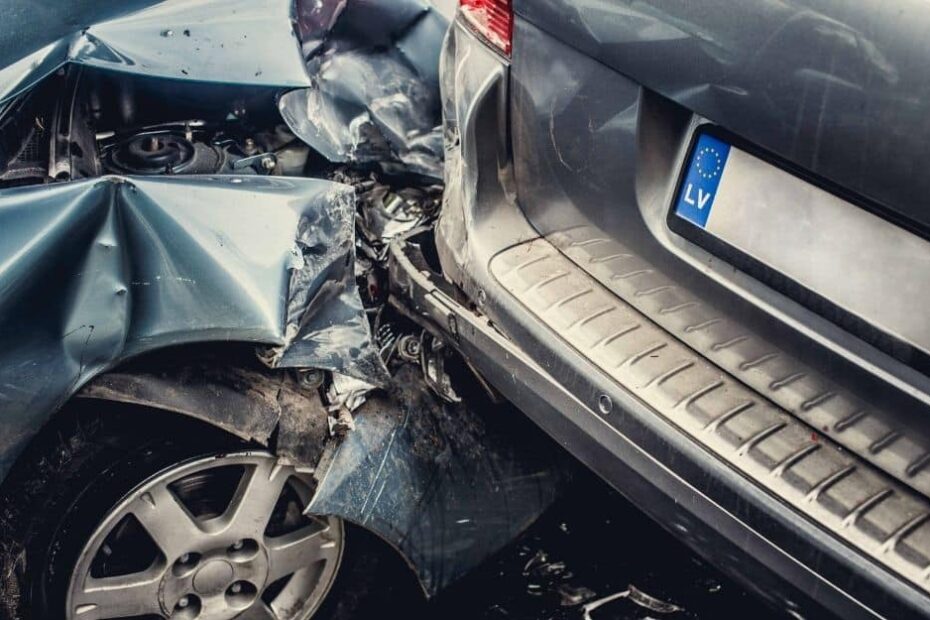One of the most significant changes to motor vehicle accident claims when the Motor Accident Injuries Act 2017 (‘the Act)’ was introduced was the definition of a ‘minor injury’ under the Act.
Many commentators argued that this change gave greater power to insurance companies to deny a person’s compensation claim for damages because the insurer deemed their injury minor, rather than non-minor.
In this post, we’ll look at the sort of injuries considered minor under the legislation and how this may affect your motor vehicle accident compensation claim.
An injury classified as minor may adversely affect a person’s entitlement to compensation for economic loss such as lost wages, pain and suffering, as well as income support and the costs of medical treatment after six months from the date of the accident.
Classification of a minor injury
As a starting point, it’s relevant to see what the Act has to say about what is considered a minor injury.
Section 1.6 of the Act sets out the definition of a minor injury as a ‘soft tissue injury’ or a ‘minor psychological or psychiatric injury’.
A soft tissue injury is defined in the Act as: ‘an injury to tissue that connects, supports or surrounds other structures or organs of the body (such as muscles, tendons, ligaments, menisci, cartilage, fascia, fibrous tissues, fat, blood vessels and synovial membranes), but not an injury to nerves or a complete or partial rupture of tendons, ligaments, menisci or cartilage.’
An injury to a spinal nerve root that manifests in neurological signs but does not result in radiculopathy, or nerve damage, is considered a soft tissue injury.
A minor injury is sometimes best understood as one that is other than a non-minor injury. Non-minor injuries in car accidents are generally considered to be those involving fractures, nerve damage, torn ligaments and tendons, scarring, disfigurement, eye damage, hearing loss and organ damage.
A minor psychological or psychiatric injury is defined as an injury which ‘is not a recognised psychiatric illness’. Post-traumatic stress disorder (PTSD) resulting from a car accident is a recognised psychiatric injury, for example, and therefore won’t be classed as ‘minor’.
Adjustment disorders such as anxiety or depressed moods resulting from an accident, by contrast, are more likely to be regarded as minor under the Act.
The classification under the Act is fairly strict and, what’s more, the assessment of whether someone has suffered minor injuries does not take into consideration the actual hardship an accident-related injury has caused a person.
How are minor injuries classification decided?
In NSW those injured in a motor vehicle accident are entitled to weekly compensation payments and coverage of their medical expenses for up to six months.
For these benefits to continue after 26 weeks, the compulsory third party (CTP) insurer decides – within three months of a claim for statutory benefits – whether or not the accident was the claimant’s fault or the fault of the other driver, and whether you have minor injuries.
The insurer will take into consideration the medical assessment of an injured person’s doctor or health professional, among other factors.
If you have multiple injuries, each injury is independently assessed but if at least one of your injuries is non-minor, then the claim is a non-minor injury claim.
What happens if you disagree with the minor injury classification?
A person whose injury is classified as minor by the insurer can request an internal review of the decision within 28 days if they disagree with the assessment.
This is a mandatory step in challenging a minor injury decision.
If the insurer maintains the ‘minor injury’ decision in response, the injured party can apply to NSW’s Personal Injury Commission (as of March 1, 2021) within 28 days of the insurer’s reply.
The Commission refers the matter to a medical assessor to make a finding and issue a certificate about whether the injury is minor. An injured person might also need to undergo a further medical assessment if the nature of the injury has changed or deteriorated, or new evidence emerges as to whether the injury is minor.
What should someone classified as having a minor injury do when they receive the assessment?
If you’re confused about whether you have minor or non-minor injuries, or by the response of an insurer, you should contact BPC Lawyers as soon as possible. We are award-winning specialists in this area of compensation law and can provide the right advice before you commence a motor vehicle accident claim.
An important take-out is that a person injured in a car accident needs to have the extent of their injuries fully investigated and documented as soon as possible after the accident.
This process includes collecting all medical evidence provided, whether it’s from a consultation with a GP or a specialist. In doing so you will be best placed to respond if your injury is assessed as minor by the insurer, and avoid a long and costly dispute.
Call Personal Injury Lawyers in Sydney at BPC Lawyers today at (02) 8280 6900.
